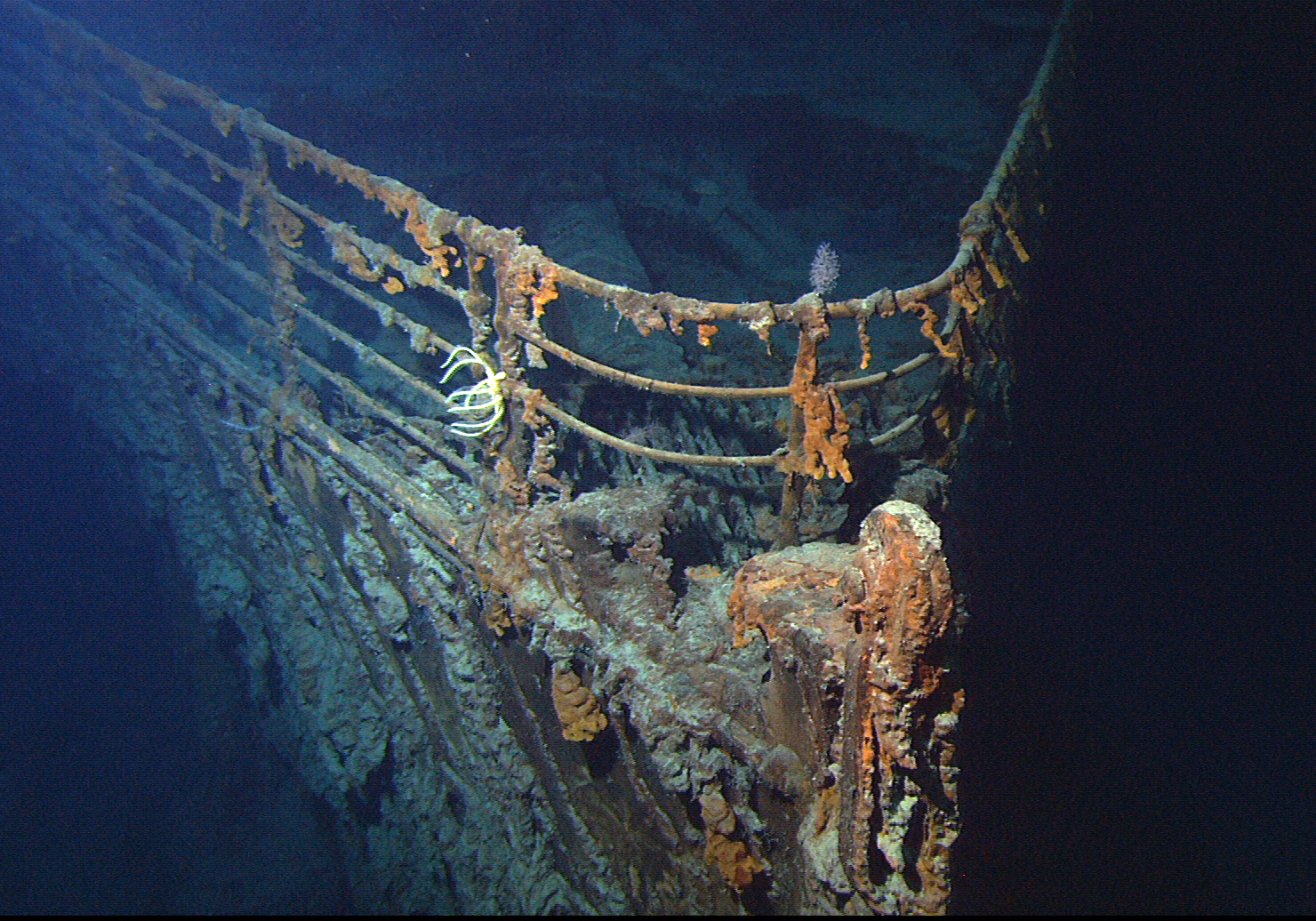 By Michael Grey*
By Michael Grey*
I had just finished re-reading an old biography of Edward Wilson; doctor, scientist, naturalist, artist and Antarctic explorer, who died with Captain Scott and fellow members of the south polar party, in March 1912. Even across all these years, it is impossible to remain unmoved, reading his final letter to his wife, written when frozen and starving, immured in the blizzard blown tent that would become his tomb. The tale of this doomed journey epitomises the heroic age of exploration and adventure, which defies modern attempts to reinterpret our history.
The connection may seem somewhat perilous to make, but it was just a few days after the polar party had died, their fate unknown for another eight months, that the maiden voyage of the Titanic came to a tragic end; a shipwreck that we have seemingly been unable to forget. And of course, it has all come flooding back again this month, with the search for the Titan submersible and its five occupants monopolising the headlines while their fate in the dark Atlantic depths remained uncertain.
We have now, with the wreckage of the tiny craft now discovered, close to the remains of the liner, moved onwards to the investigation and recriminations phase, with plenty of food over which the media can chew. It is probably best to leave the forensic analysis to the experts, who may, or may not, be able to derive conclusive reasons for the fatal implosion from any shards of carbon fibre reclaimed from the depths. The apparent doubts about the wisdom of its experimental design and whether it should have been used for fare-paying passengers will surely be considered at length by the accident investigators.
A niche industry…
We read that there is now a sizeable Titanic “community” and a niche industry active in providing expeditions to view the remains of the liner and the artefacts scattered on the ocean floor around the wreck site. One should not be too judgemental, but is there not something distinctly ghoulish about wishing to take part in such “adventures”, just as it is akin to grave-robbing, as such has taken place on numerous occasions, with items removed by clever submersibles.
The “community” will be quick to defend itself, but it seems to me that there is precious little scientific discovery to be gained from this bit of grim ocean floor. If we can range around the depths, surely there are better things to do with the technology than to indulge rich adventurers wishing to tick the Titanic off their bucket lists, although, as with the amateurs being shot into space, I suppose the money helps to defray the expenses and fare-paying passengers provide some PR value. You would hesitate to suggest that there is, in these adventures, much public accessibility, either in space or in the depths.
Real marine heroes
You might insist that these people are willing to take risks and that is what counts as heroic these days. But it is all a bit pointless when innumerable tasks are undertaken at extreme depths by ROVs with all their clever tools and scientific sensors. If you are looking for real heroes, it is worth thinking about salvors, or saturation divers, although they are of course professionals and undertake their risky roles for gain, rather than merely spending it.
The frontiers of deep ocean exploration are being ranged around these days by oceanographic scientists who tell us that there remains a huge amount to learn about the seas that wash our planet and its inter-connected nature. You might argue that these are the true inheritors of those who lived in a far more dangerous, but heroic age, of exploration.
While vaguely on the subject, it is sad to report that of one of my all-time shipping heroes, the Dutch shipowner Piet Vroon has died at the age of 93. He was the very model of a traditional owner, who lived overlooking the great river Scheldt at Breskens, from where he had built a sizeable fleet from a single small coaster in the 1950s. There were few sectors of shipping that he had not involved the company in over the years and he was always on the lookout for opportunities in niche, long-term business. Unlike so many modern operators, who tend towards tunnel vision, when it comes to their trade sector, Piet Vroon was astonishingly well-informed about every aspect of ships and shipping and always free with kindly advice. The shipping world, and that of yacht racing that was his passion, will miss him.
(Photo from Wikipedia of Titanic wreckage in Atlantic Ocean)
*Michael Grey is former editor of Lloyd’s List. This opinion column is published with the kind permission of the Maritime Advocate.





